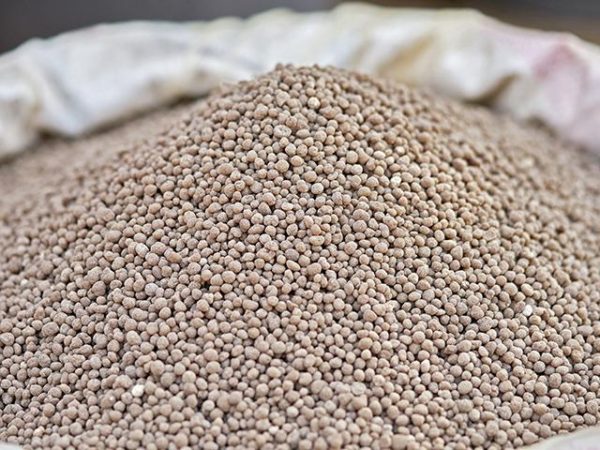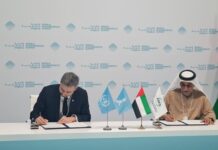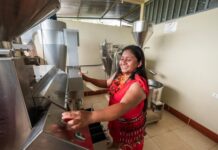Ethiopia has entered into a US $3 billion agreement with Nigerian industrial giant Dangote Group to construct a large-scale fertiliser plant in Gode, located in the Somali Region.
The investment aims to reduce the country’s reliance on imported agricultural inputs and strengthen local supply chains.
Key highlights of the deal:
- Scope: The plant will produce urea and nitrogen-based fertilisers, targeting both domestic consumption and export across East Africa.
- Strategic location: Gode’s proximity to the Ethiopia–Djibouti logistics corridor will streamline imports and exports via Djibouti’s ports.
- Urgent need: With only about 40% of the fertiliser required for the 2025 Meher season arriving by April, logistical bottlenecks and foreign exchange shortages have hampered agriculture.
Economic impact and capacity:
- The project is among the nation’s largest foreign private investments, formally set to be signed in mid‑July 2025.
- Over approximately 40 months, the facility will be built and expected to replicate capacities similar to Dangote’s Nigerian plant—producing potentially 3 million tonnes of fertiliser annually, subject to regional demand.
- This move aligns with Ethiopia’s industrial decentralisation agenda, aiming to spur development in underinvested areas.
Wider strategy:
- The investment supports Ethiopia’s Homegrown Economic Reform II (HGER II), focused on modernising agriculture, liberalising key sectors, and attracting foreign capital.
- Given that agriculture comprises about one-third of GDP and employs nearly 70% of the workforce, ensuring local fertiliser production is expected to stabilize farm input supply, control prices, boost yields, and support rural incomes.
Dangote Group’s CEO, Aliko Dangote, has positioned the expansion as part of his continental strategy, which already includes a $2.5 billion fertiliser complex in Nigeria—Africa’s largest. The Ethiopian plant is seen as the next step in consolidating the group’s East African presence.
If completed successfully, the plant could transform Ethiopia from a major fertiliser importer into a regional production hub, insulating the country and its neighbours from commodity price shocks.








